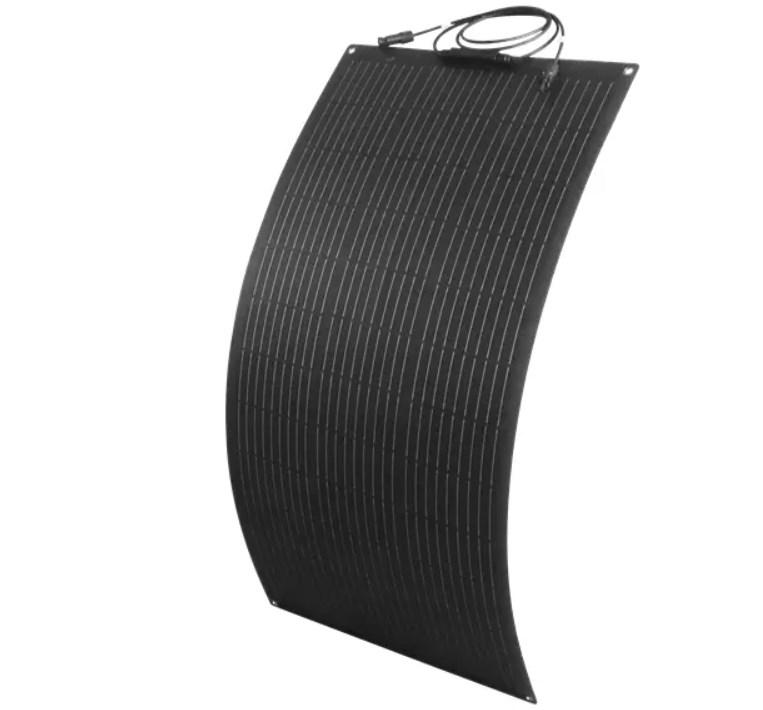Wholesale flexible solar panels have revolutionized the renewable energy industry by offering a versatile and adaptable alternative to traditional rigid solar panels. These panels are designed to be lightweight, flexible, and easily integrated into various applications, from portable chargers to building-integrated photovoltaics. The production process of wholesale flexible solar panels is a complex and intricate affair, involving several stages of manufacturing to ensure the panels' efficiency, durability, and flexibility.
The journey of wholesale flexible solar panels begins with the selection of materials. The flexibility of these panels is primarily due to the use of a thin, flexible substrate, which can be made from materials such as polymers or thin sheets of glass. This substrate serves as the base for the solar cells and must be chosen for its ability to withstand the manufacturing process and the rigors of outdoor use.
Once the substrate is prepared, the next step is the deposition of thin-film solar cells. Unlike crystalline silicon solar cells, which are made from a single crystal of silicon, thin-film solar cells are created by depositing a layer of photovoltaic material onto the substrate. Common materials used in this process include amorphous silicon, cadmium telluride, and copper indium gallium selenide. Each material has its own set of advantages and challenges, and the choice of material can significantly impact the efficiency and cost of the final product.
After the thin-film solar cells are deposited, the panels undergo a series of treatments to improve their electrical performance. This can include the application of anti-reflective coatings to increase the amount of light that reaches the solar cells, as well as the addition of conductive layers to improve the flow of electricity.
The assembly of wholesale flexible solar panels is a delicate process that requires precision and care. The solar cells are carefully arranged and connected in a specific pattern to form a functional solar module. This process often involves the use of automated machinery to ensure consistency and accuracy, as any misalignment or damage to the cells can significantly reduce the panel's performance.
Once the solar cells are assembled, the panels are encapsulated to protect them from environmental factors such as moisture, dust, and UV radiation. Encapsulation involves sealing the solar cells between protective layers, which can be made from materials like ethylene-vinyl acetate (EVA) or polyvinyl butyral (PVB). This step is crucial for the longevity and reliability of wholesale flexible solar panels.
The final stage of production involves rigorous testing to ensure that the wholesale flexible solar panels meet industry standards for efficiency, durability, and safety. This can include tests for electrical performance, mechanical stress, and environmental resistance. Any panels that do not meet the required standards are set aside for rework or recycling.
In addition to the physical production process, the manufacturing of wholesale flexible solar panels also involves a significant amount of research and development. As the technology for flexible solar panels continues to evolve, manufacturers are constantly seeking new materials, processes, and designs to improve the performance and reduce the cost of these innovative energy solutions.
In conclusion, the production of wholesale flexible solar panels is a multifaceted process that combines advanced materials, precision engineering, and stringent quality control. From the selection of the substrate to the final testing and quality assurance, each step is carefully managed to ensure that the end product is not only efficient and reliable but also aesthetically pleasing and versatile in its applications. As the demand for renewable energy sources grows, the role of wholesale flexible solar panels in our sustainable future becomes increasingly significant.

